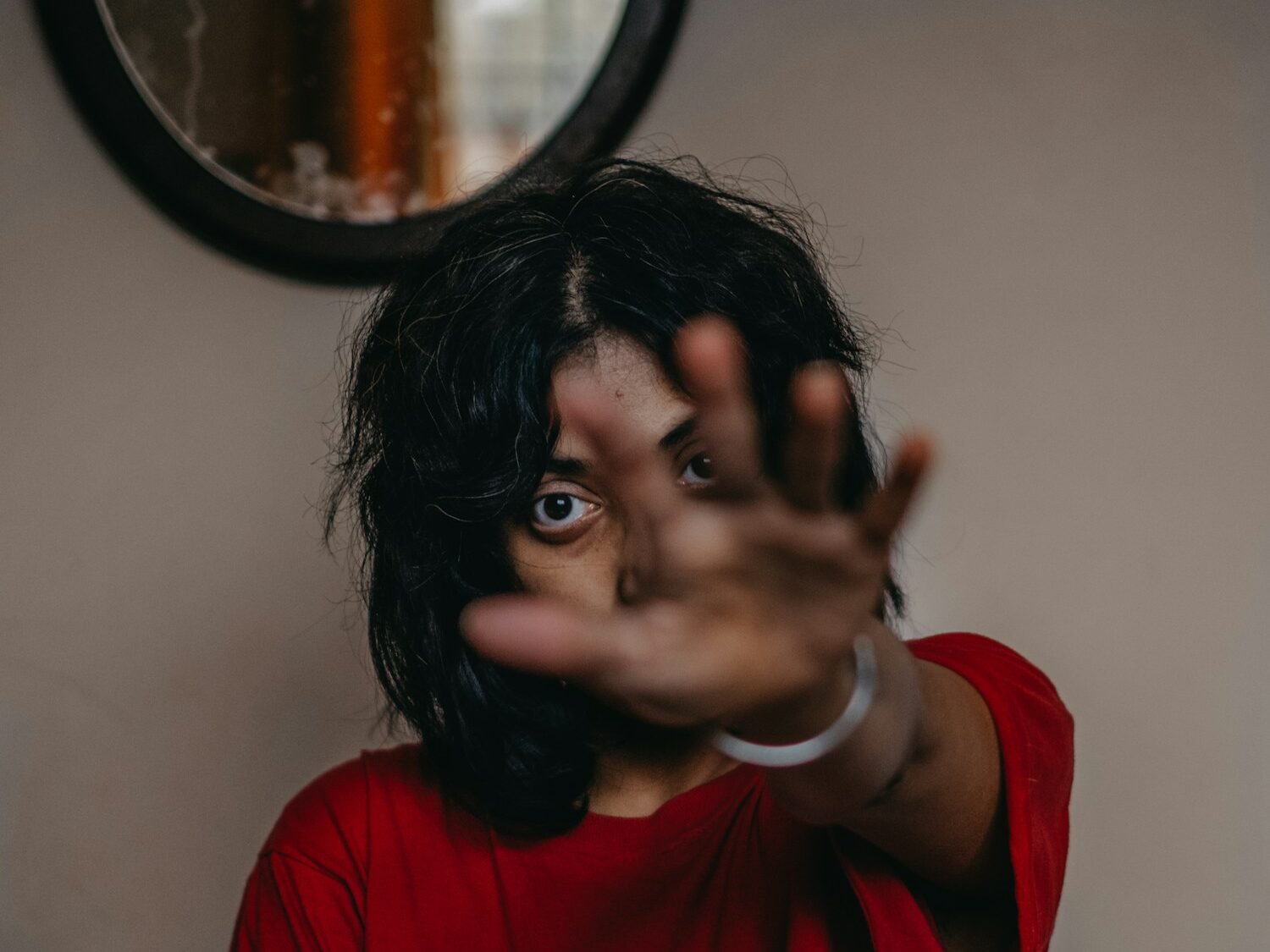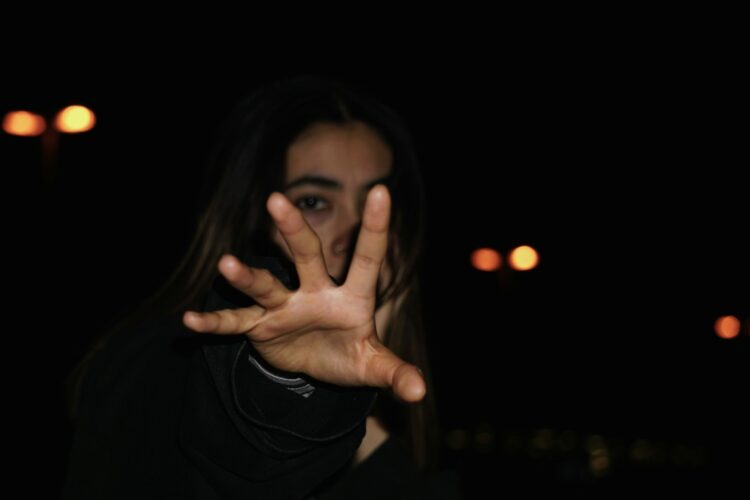
Not everyone shows their true self right away. Some people wear masks. They may present a polished version of themselves while quietly concealing flaws, past mistakes, or even dangerous motives. Learning to spot the subtle signs of someone hiding who they really are can save you from misplaced trust, disappointment, or even betrayal. Here are 15 behaviors that reveal when someone isn’t being fully authentic.
They Avoid Direct Answers

When you ask them straightforward questions, they give vague replies or change the subject. Instead of saying “yes” or “no,” they talk around the issue, buying time to craft a version of the truth. This constant evasiveness often signals they’re worried that being fully honest would expose something they don’t want you to know.
Their Stories Keep Changing

If someone’s background, timeline, or experiences shift depending on who they’re talking to, it’s a red flag. People who hide their real selves struggle to maintain consistency. They may forget details of their own cover story, accidentally contradict themselves, or add new details that don’t line up. Inconsistencies aren’t always lies—but repeated ones are rarely innocent.
They Overcompensate With Charm

When someone is hiding something, they often lean heavily on charisma to distract you. They laugh often, compliment excessively, or act overly agreeable. While being charming isn’t inherently bad, when it feels exaggerated, it can serve as a mask to keep you from looking too closely at what lies beneath. It’s less authenticity, more performance.
They Avoid Eye Contact in Important Moments

While not everyone who avoids eye contact is dishonest, patterns matter. Someone may look you in the eye most of the time, but quickly glance away when asked a revealing or sensitive question. These micro-reactions suggest discomfort or fear of exposure. Their eyes give away the truth even when their words don’t.
They Keep Relationships Surface-Level

People hiding their true selves often avoid deeper conversations. They steer discussions toward safe, generic topics, avoiding vulnerability. If you try to get closer, they may deflect, change the subject, or joke their way out of it. This distance creates a protective wall—they can enjoy your company without risking that you’ll see what they’re really covering up.
They Give You Different Versions of Themselves

Notice how someone acts differently depending on who’s around. With one group, they’re reserved, with another, they’re loud and bold. While some flexibility is normal, drastic shifts in personality suggest they’re curating a version of themselves to fit in—or to hide what they don’t want seen. The “real them” gets buried under shifting personas.
They Dodge Questions About Their Past

Ask them about old jobs, childhood, or personal history, and their answers are vague, incomplete, or brushed aside with humor. It’s not just privacy—it’s deliberate avoidance. They may fear judgment or exposure of something that contradicts the image they want to maintain. Over time, you realize large parts of their past remain mysteriously off-limits.
They Get Defensive Easily

If you probe too closely, their mood shifts fast. Instead of calmly clarifying, they become irritated or overly protective of themselves. Defensiveness often reveals insecurity or a desire to guard hidden truths. People comfortable with who they are don’t panic when questioned; those who are hiding tend to see every question as a potential threat.
They Overshare in Strange Ways

Ironically, some people hide by drowning you in unnecessary detail. They tell long stories, provide too many specifics, or over-explain simple things. It feels like openness, but it’s actually a smokescreen. By overwhelming you with information, they distract you from what really matters. The truth is hidden in plain sight, buried under excess words.
They Avoid Long-Term Commitments

Someone who doesn’t want to be fully seen often keeps relationships temporary or casual. They resist long-term plans, dodge serious conversations, and keep things light. Why? Because commitments increase the chance of exposure. The longer you stay in their life, the harder it is for them to maintain the facade. Distance keeps them safe.
They Mirror Your Behavior Too Much

It feels flattering when someone shares your tastes, opinions, and mannerisms—but if they mirror you constantly, it’s not a connection, it’s a disguise. By reflecting your traits back at you, they avoid showing their own. This strategy builds a fast rapport while keeping their real personality hidden. It’s not them—it’s a carefully constructed reflection.
They Struggle With Authentic Emotion

When emotions run high—joy, grief, anger—you see cracks in their mask. Maybe their reaction feels forced, delayed, or mismatched with the situation. They may laugh at something serious or stay unusually calm when they should be shaken. Genuine feelings are hard to fake consistently, so moments of intensity reveal how much they’re holding back.
They’re Selective With Who They Let In

Everyone has private sides, but people hiding their true selves take secrecy to an extreme. They compartmentalize their life, showing one side to one group and another elsewhere. Few people, if any, get the full picture. If you notice they’re always editing who sees what, it may be because the truth is something they don’t want widely known.
They Distract With Humor or Deflection

When conversations get close to sensitive territory, they crack a joke, tease, or change the subject. Humor becomes a shield, keeping attention away from what they don’t want revealed. While lightheartedness is healthy, repeated deflection can be a sign of fear—because letting the spotlight linger for too long risks breaking their cover.
They Keep Control of the Narrative

At the end of the day, people who are hiding work hard to control what you see. They steer conversations, withhold key details, and carefully manage impressions. It’s less about lying outright and more about omission and control. When someone always seems polished but never fully transparent, chances are, you’re not seeing the real them.

